D Level McKenzie MDT Online SEP
Details
Organization / Poster Name
McKenzie Institute Canada
Dates
20-21SEP, 2025
Organization Website
Opportunity Location
Online
Opportunity Cost
$895.00
Closing Date
September 2, 2025
Opportunity Description
Mechanical Diagnosis and Therapy® MDT: Delve into complex cervical cases and utilizing MDT for upper extremities disorders. Problem solving, reflective learning and clinical reasoning activities are utilised to ensure the participant has a broader knowledge of MDT in the biopsychosocial framework of the musculoskeletal experience.
MCKENZIE MDT PART D ONLINE – SCHEDULE (MOUNTAIN TIME)
4 Sessions Online
Session 1: Online, complete at your own pace, approximate duration 7 hours.
Session 2 MON/15SEP: Online with live instruction - 1:00PM–6:30PM
Sessions 3 SAT/20SEP: Online with live instruction - 7:00AM–3:30PM
Sessions 3 SUN/21SEP: Online with live instruction - 7:00AM–3:30PM
Meal and refreshment break times are scheduled during all online sessions.
Legitimate patient demonstrations with follow-up appointments take place during the course.
Instructor: Richard Rosedale, PT, Dip. MDT
Fee: $895.00 (fee includes one-time challenge of the Credentialling Exam)
Part D Course Page Link
MICanada website: www.mckenzieinstitutecanada.org
Course Outline Includes:
• Establishing correct diagnosis and identifying multiple diagnoses
• Recognizing appropriate vs. inappropriate changes
• Progression of forces in treatment
• Reactivation / functional restoration
• Patient compliance and reassessment
• Indications for use of advanced manual therapy techniques
• Application of advanced clinician techniques
FEEDBACK FROM FELLOW CANADIAN CLINICIANS ON RECENT COURSES:
• MDT is a great way to assess consistently and objectively. Screening the spine at all times (for extremities) really helps out in terms of classifying which will lead to proper management in a time efficient manner.
• The reasoning process behind MDT guides all my interventions and treatments. Combining the education, the process and functional approaches has made practicing a pleasure. It has provided me with a reference point of knowledge from where I can always guide my patients with confidence even when I did not know the answer. It fosters a partnership and an enabling mindset that has ensured a collaborative and solid relationship building dynamic between my patients and I. Keys to great outcomes, patient satisfaction as well as practice satisfaction for myself.
• MDT is a robust standardised evaluation system not only for treatment: early detection of red flags and we know when refer a patient for medical procedures or other tests.
• MDT courses have always given me new skills, tools and ideas to try on Monday at the clinic after returning from the course. I often think of current/past clients during the course thinking ahhh, this technique or this principle may help. So clinically relevant, so immediately impactful on caseloads, without needing to spend hours and hours fine tuning your therapeutic skills.
WHAT TO EXPECT:
Problem solving, reflective learning, clinical reasoning, practical activities and patient demonstrations are utilised to ensure participants gain a broader knowledge of MDT, within the biopsychosocial framework.
Participants will have the opportunity to discuss and extensively practice the MDT assessment, classification and management process, including the application of both self-treatment and clinician procedures.
Patient demonstrations are used to illustrate the reassessment process and allow participants to get a realistic impression of the impact of the MDT system on different patient presentations, over 2-3 treatment sessions.
The participants will have the opportunity to discuss and extensively practice the MDT assessment, classification and management process through workshops, discussions, and patient demonstrations. The Part D course will review and advance the theory and practical application of MDT in relation to the Cervical and Thoracic Spine and introduce the concept of MDT in the management of upper extremity musculoskeletal disorders.
MCKENZIE MDT PART D ONLINE – SCHEDULE (MOUNTAIN TIME)
4 Sessions Online
Session 1: Online, complete at your own pace, approximate duration 7 hours.
Session 2 MON/15SEP: Online with live instruction - 1:00PM–6:30PM
Sessions 3 SAT/20SEP: Online with live instruction - 7:00AM–3:30PM
Sessions 3 SUN/21SEP: Online with live instruction - 7:00AM–3:30PM
Meal and refreshment break times are scheduled during all online sessions.
Legitimate patient demonstrations with follow-up appointments take place during the course.
Instructor: Richard Rosedale, PT, Dip. MDT
Fee: $895.00 (fee includes one-time challenge of the Credentialling Exam)
Part D Course Page Link
MICanada website: www.mckenzieinstitutecanada.org
Course Outline Includes:
• Establishing correct diagnosis and identifying multiple diagnoses
• Recognizing appropriate vs. inappropriate changes
• Progression of forces in treatment
• Reactivation / functional restoration
• Patient compliance and reassessment
• Indications for use of advanced manual therapy techniques
• Application of advanced clinician techniques
FEEDBACK FROM FELLOW CANADIAN CLINICIANS ON RECENT COURSES:
• MDT is a great way to assess consistently and objectively. Screening the spine at all times (for extremities) really helps out in terms of classifying which will lead to proper management in a time efficient manner.
• The reasoning process behind MDT guides all my interventions and treatments. Combining the education, the process and functional approaches has made practicing a pleasure. It has provided me with a reference point of knowledge from where I can always guide my patients with confidence even when I did not know the answer. It fosters a partnership and an enabling mindset that has ensured a collaborative and solid relationship building dynamic between my patients and I. Keys to great outcomes, patient satisfaction as well as practice satisfaction for myself.
• MDT is a robust standardised evaluation system not only for treatment: early detection of red flags and we know when refer a patient for medical procedures or other tests.
• MDT courses have always given me new skills, tools and ideas to try on Monday at the clinic after returning from the course. I often think of current/past clients during the course thinking ahhh, this technique or this principle may help. So clinically relevant, so immediately impactful on caseloads, without needing to spend hours and hours fine tuning your therapeutic skills.
WHAT TO EXPECT:
Problem solving, reflective learning, clinical reasoning, practical activities and patient demonstrations are utilised to ensure participants gain a broader knowledge of MDT, within the biopsychosocial framework.
Participants will have the opportunity to discuss and extensively practice the MDT assessment, classification and management process, including the application of both self-treatment and clinician procedures.
Patient demonstrations are used to illustrate the reassessment process and allow participants to get a realistic impression of the impact of the MDT system on different patient presentations, over 2-3 treatment sessions.
The participants will have the opportunity to discuss and extensively practice the MDT assessment, classification and management process through workshops, discussions, and patient demonstrations. The Part D course will review and advance the theory and practical application of MDT in relation to the Cervical and Thoracic Spine and introduce the concept of MDT in the management of upper extremity musculoskeletal disorders.
About The Organization
The McKenzie Institute Canada is a not-for-profit organization and one of the 28 global branches of McKenzie Institute International. In addition to those countries with branches, the Institute also presents its education programme in another 12 countries.
How To Join
Please go to MICanada website and locate the Course Page under Educational Programs. www.mckenzieinstitutecanada.org



